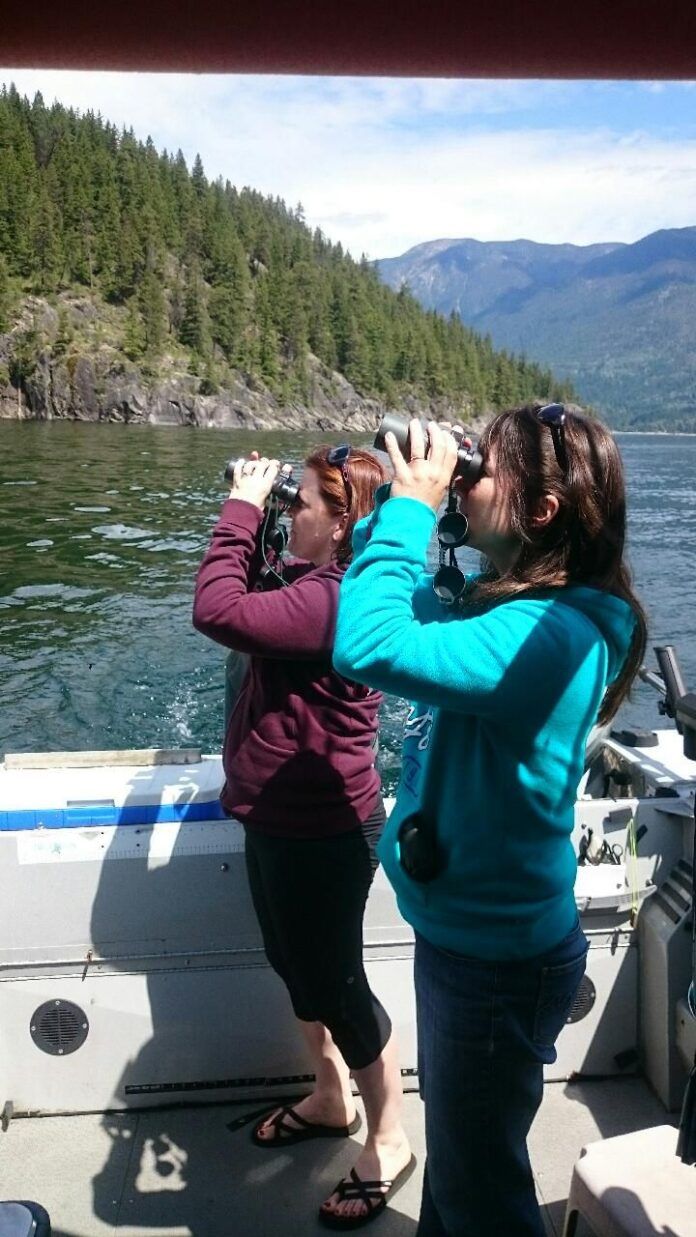Rural Slocan Valley residents have voted in favour of becoming part of a local conservation fund, although not many of them took the time to cast ballots.
Unofficial results from the referendum show 435 voted in favour and 228 against. But with 3,837 people on the voters list, the turnout was 17.5 per cent.
“This referendum was an important opportunity to bring this service to the residents to decide,” Area H (Slocan Valley) regional director Walter Popoff said in a news release.
“By voting in favour of joining the local conservation fund, our community has determined funding for projects that directly impact our natural environment in the Slocan Valley is of significant value.”
In a follow-up interview, Popoff said he was surprised that the vote passed by the margin it did, as judging from the response at public meetings, he thought it might have gone the other way.
“I thought it would be a lot closer because at the meetings we held throughout the valley, in Crescent Valley, Winlaw, and New Denver, some people who attended were distinctly opposed to the referendum and the taxation it was going to impose on residents,” he said.
The service will be funded through an annual $15 parcel tax.
In partnership with the Kootenay Conservation Program, Electoral Area H will join Area A (East Shore), Area D (Rural Kaslo) and Area E (Rural Nelson) in the local conservation fund service.
The service creates dedicated funding to support local high-priority conservation projects. Since 2016 the fund has generated $468,000 and has leveraged an additional $2.1 million in additional funding and in-kind support.
Popoff said it would take at least a year to amend the bylaws and raise money through the parcel tax before any projects could be funded.
The Kootenay Conservation and the RDCK have delivered the program in the Kootenay Lake area for the past six years.
“We are now excited to extend this service to the Slocan Valley,” program director Juliet Craig said. “We look forward to working together with the RDCK to provide tangible, on-the-ground results for nature, and for the residents in the Slocan Valley.”
Local organizations and Indigenous communities can apply for funding for conservation projects that benefit, wildlife, habitat and water. Community groups and individuals that partner with an eligible organization can also apply. These proposals are reviews by an independent, volunteer panel of technical experts before being decided on by local elected officials.
The local conservation fund service will also be going to referendum in Electoral Area F (Rural Nelson) in the new year.


